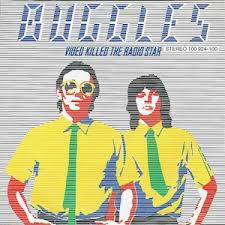 On 12 January 1980, “Video Killed the Radio Star” by The Buggles was at #83. It peaked on December 15, 1979 at #40.
On 12 January 1980, “Video Killed the Radio Star” by The Buggles was at #83. It peaked on December 15, 1979 at #40.
Imagine yourself as someone like Bobby Darin, who was a regular feature on the popular charts in the 50s and 60s . Imagine standing in an old radio studio, sifting through a bunch of old singles tucked away in their warehouse, perhaps not yours but those of your contemporaries: Perry Como, Dion, Freddy Canon, Sonny James. And imagine a young, curly-haired geek of a guy comes up to you and says, “Hey, I remember listening to your stuff when I was a kid! I love the bassline from that one single, you know the one that soul group turned into a synthesizer riff for their newest single. I’ve always wondered what you think of how the music industry has changed. Well, what do you think?”
What would you say?
At least for me, I imagine I’d say something along these lines: “Everything’s changed; I’m glad I had my time and it was great while it lasted, but time moved on and there’s so much new, who knows if I could have been who I was — who I am — seeing how it works today.”
That’s the story told by “Video Killed the Radio Star” by The Buggles. It’s not triumphant, nor is it sad. It’s wistful, glad for the time spent lying awake intent at night listening to the disembodies voices singing on the radio, but also accepting that now, thanks to video tape recording, those voices aren’t disembodied any longer, and what a performer looks like, what he or she does in front of a camera is as important as what they croon into the microphone.
This was perhaps not a novel thought; after all ever musician wanted to get a spot on Ed Sullivan or The Tonight Show so that America’s eager public could see as well as hear them. But if just being on TV were the be-all and end-all of attracting an audience in the video age, then The Buggles wouldn’t be in their video dressed in silver lame, or backed by dancing-singing robotic sci-fi women, and they certainly wouldn’t have a little girl in a red jumper looking forlorn as she climbs up a playground slide.
“Video Killed the Radio Star” is a rare single that captures a pivot point in social history, talks about it intelligently, even poetically, without being either condemnatory or triumphant. Trevor Horn, that curly-haired geek of a guy, came along and told us that music had just changed, and for better or for worse, there’s no going back. It didn’t predict MTv really — even though MTv would take another two years to air, music video programs had started popping up in the UK and the US in the late 70s — but it did predict that musicians were going to have to do something more than dress sharply and swivel their pelvises to get popular traction. Pictures had come to break hearts and it was a phenomenon that couldn’t be undone.
Is someone at MTv headquarters sitting in the abandoned set of Yo MTv Raps lamenting how the internet killed the video star? MTv did a lot to kill itself off, by abandoning its video show format and investing in comedy shows and reality programs. But, until the rise of internet streaming and the ubiquity of the mp3, someone at MTv or VH1 could have hit rewind; they even tried with spin-off stations that, sadly, became as inundated with non-video content as their parent stations. Now, there’s no going back; the mp3 killed the video show, and that’s how it will be, at least until the next ground-breaking technology comes along.
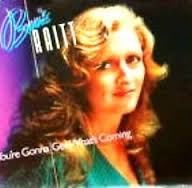 On 12 January 1980, “You’re Gonna Get What’s Coming“ by Bonnie Raitt peaked at #73.
On 12 January 1980, “You’re Gonna Get What’s Coming“ by Bonnie Raitt peaked at #73. 
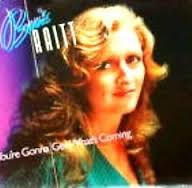

 On 12 January 1980, “
On 12 January 1980, “
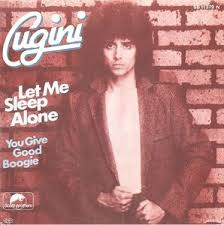 On 12 January 1980, “
On 12 January 1980, “
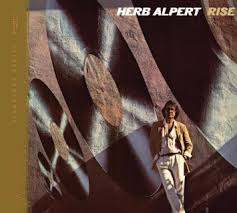 On 12 January 1980, “
On 12 January 1980, “
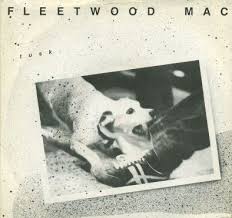 On 12 January 1980, “
On 12 January 1980, “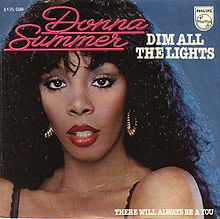
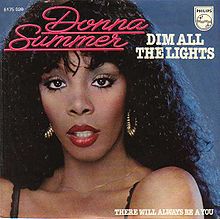 On 12 January 1980, “
On 12 January 1980, “